Books Like 1984
Dive into a world of thought-provoking dystopias and political critiques with our 'Books Like 1984' collection. These riveting narratives explore the haunting boundaries of totalitarian regimes, the fragile nature of truth, and the indomitable human spirit yearning for freedom. Perfect for readers captivated by Orwell's exploration of surveillance and power, this selection delves into the darkness of societal control while igniting contemplation about individual autonomy and rebellion.
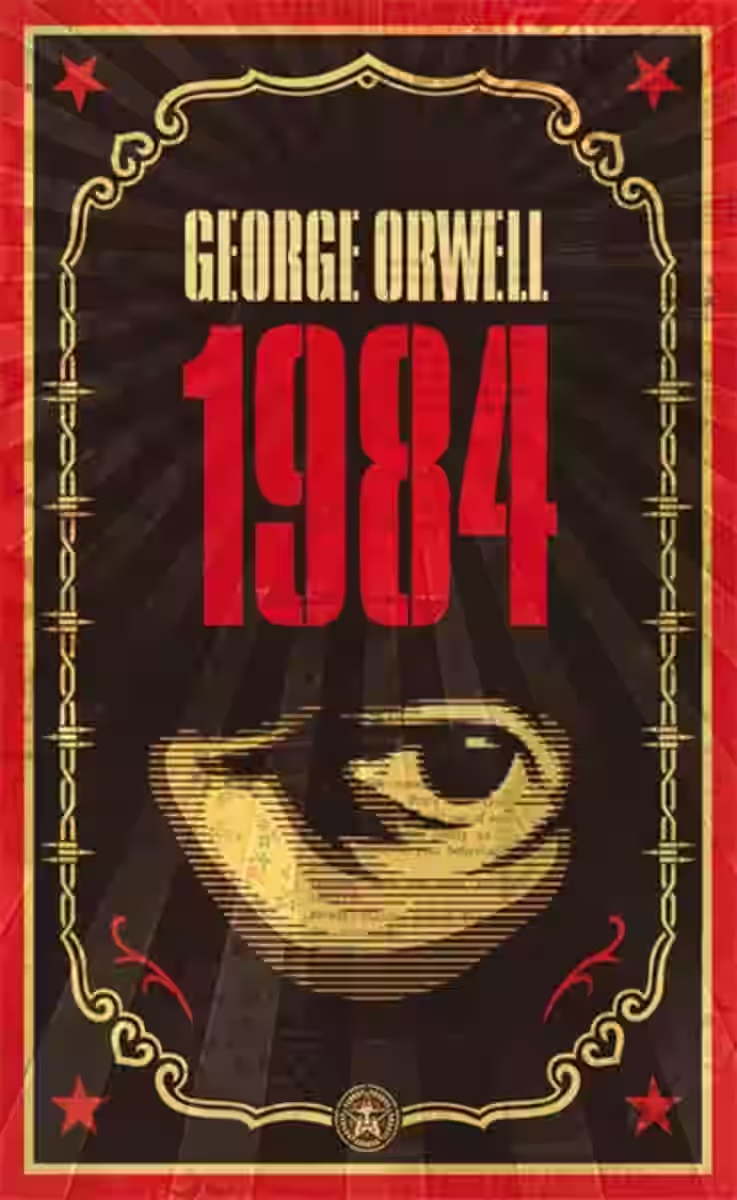
In a totalitarian future Britain, Winston Smith secretly rebels against the omnipresent government that controls reality itself through surveillance, propaganda, and the manipulation of language and history. When he falls in love with Julia, another rebel, their forbidden relationship becomes an act of political rebellion. The novel explores themes of truth, power, and human dignity in a world where independent thought is a crime.
Similar Books You Might Enjoy
If you enjoyed 1984, you might also like these books.
Discover your next great read from our curated selection of similar books.
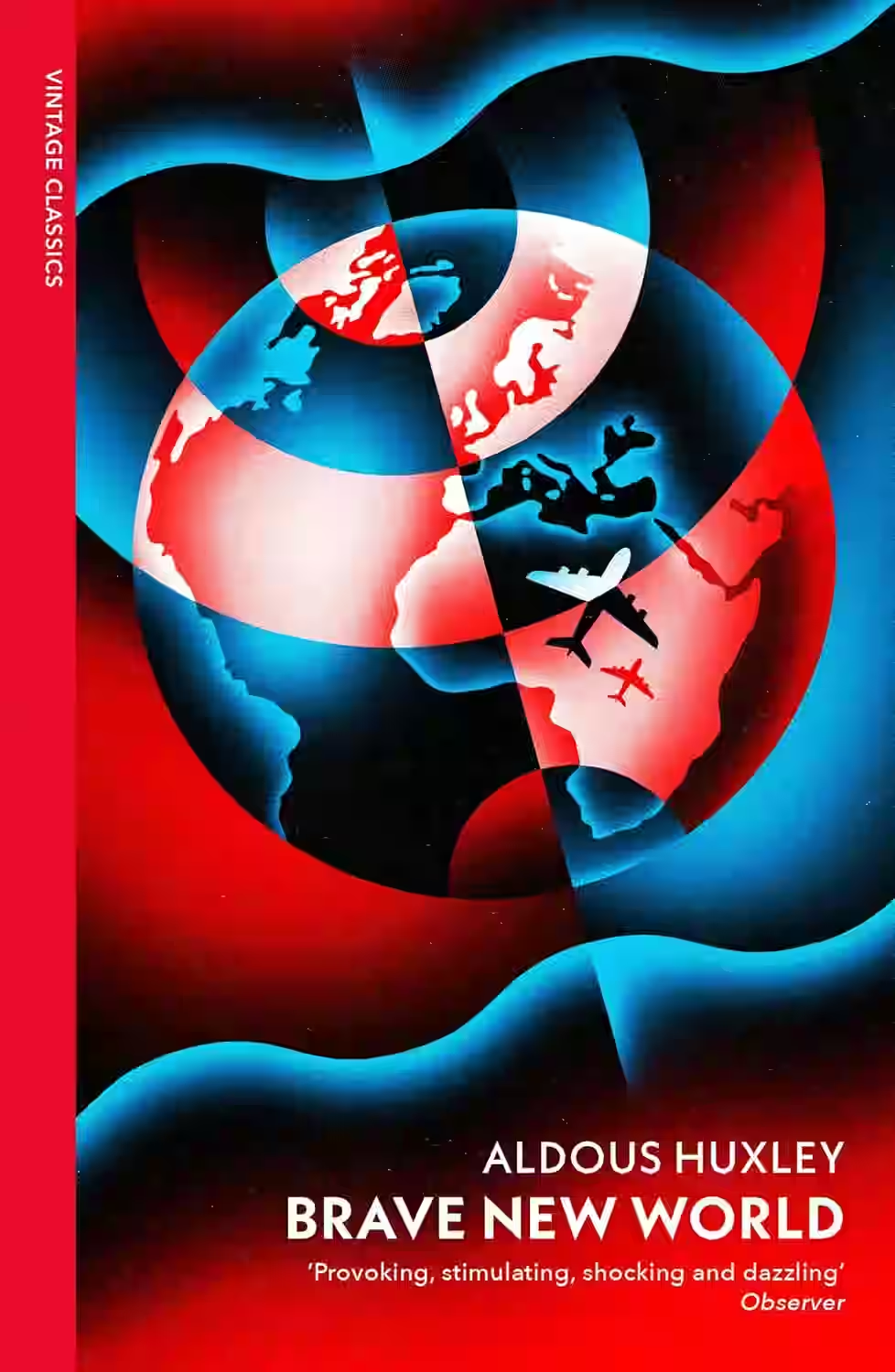
Aldous Huxley’s Brave New World is a landmark dystopian novel exploring a future where technological control, genetic engineering, and mass conformity replace individual freedom. Written in 1932 during the rise of fascism, it imagines a world where humans are bred for purpose, sedated by pleasure, and conditioned to obey. Huxley, a visionary thinker and spiritual seeker, critiques the loss of humanity in pursuit of stability and control. His chilling portrayal of a society numbed by entertainment, pharmaceuticals, and propaganda remains strikingly relevant today. Brave New World endures as both a powerful literary achievement and a timeless warning about unchecked technological progress.
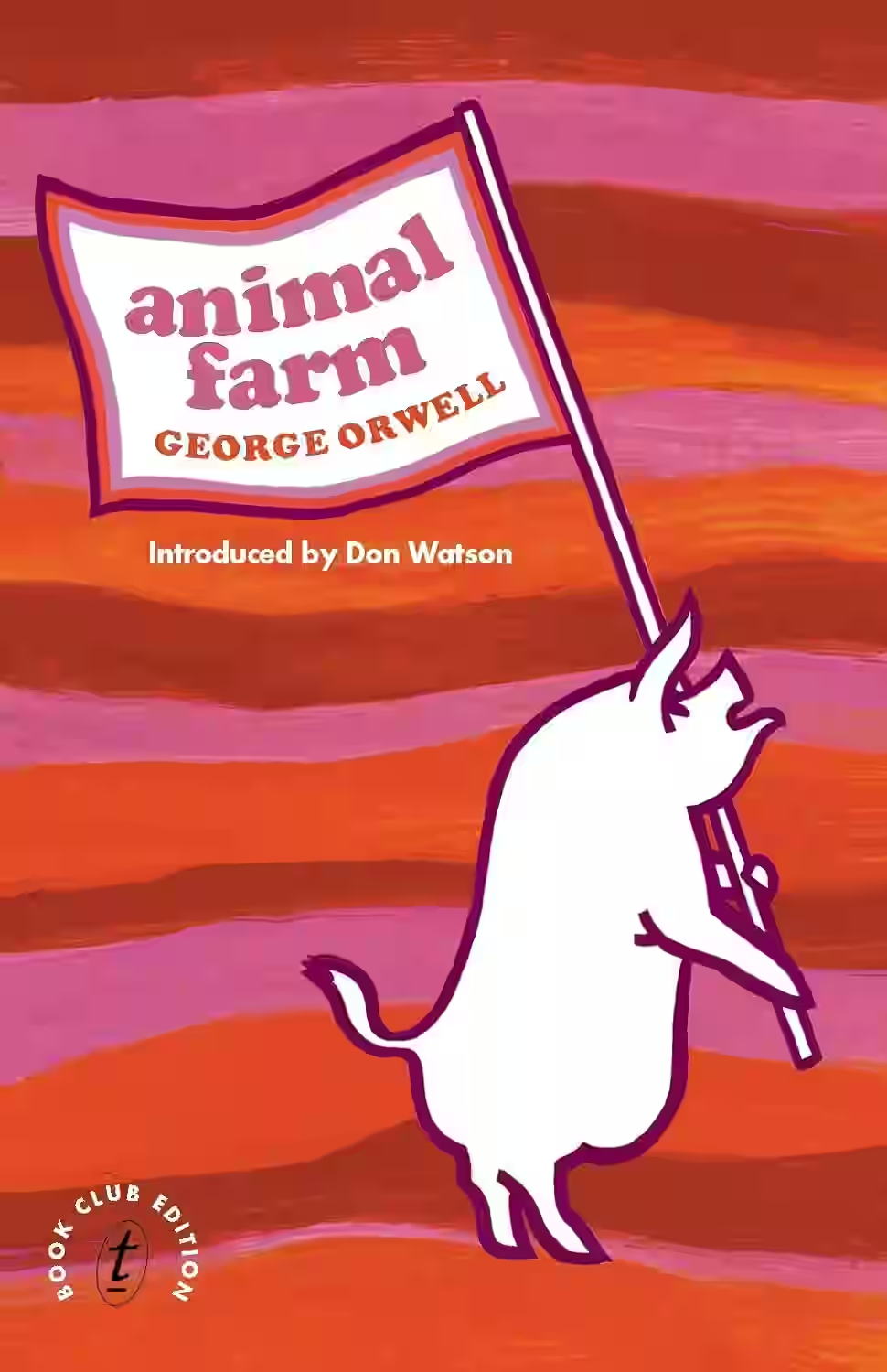
Animal Farm is a satirical fable by George Orwell, where farm animals overthrow their human owner, seeking equality. But as a new leadership rises, the ideals of their revolution are corrupted, revealing a powerful allegory about power and betrayal.
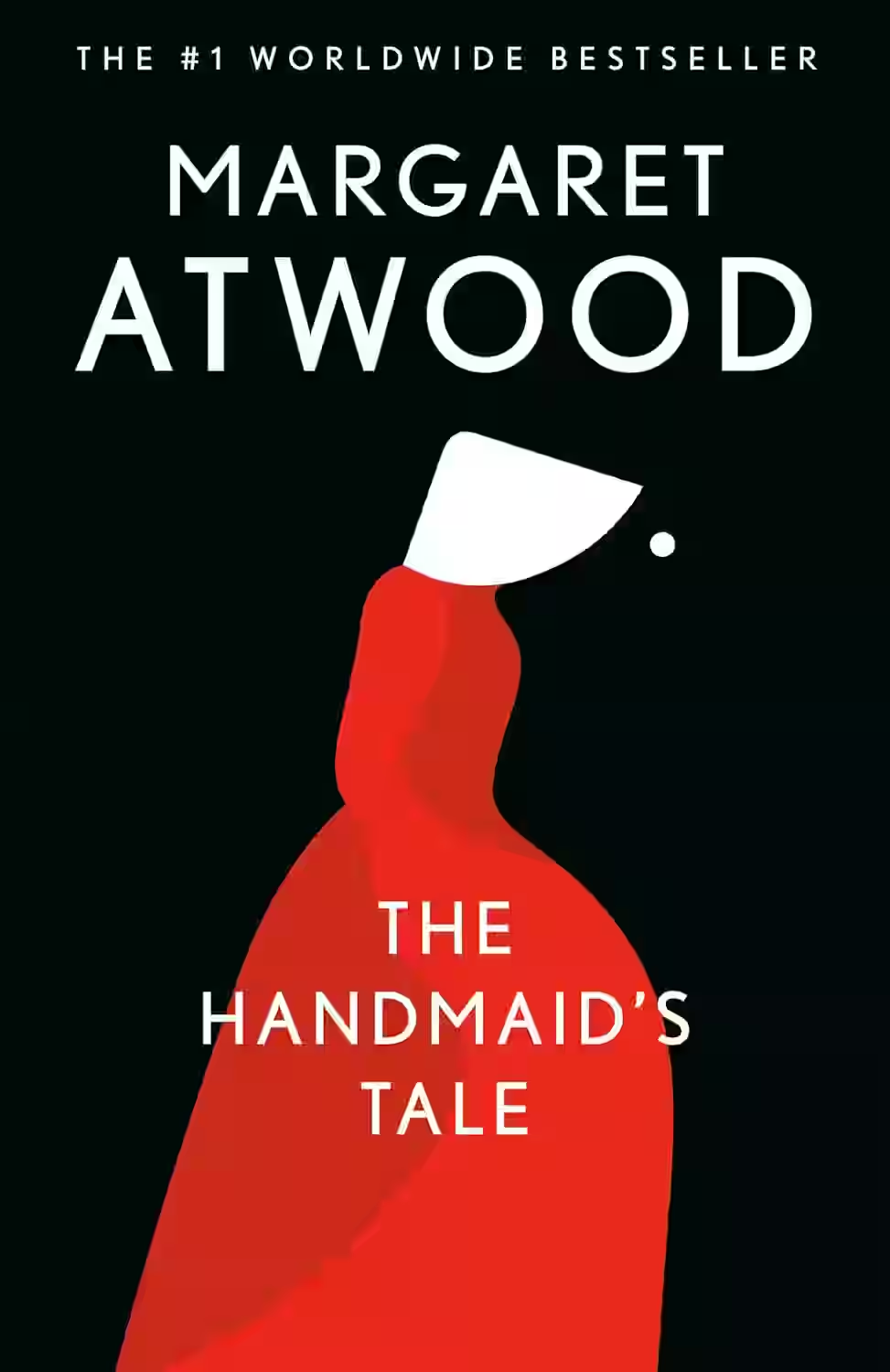
In the Republic of Gilead, a theocratic regime has stripped women of their rights and forced them into distinct social classes. Through the eyes of Offred, a Handmaid assigned to bear children for elite couples, we see a chilling exploration of gender, power, and resistance in a society that feels disturbingly possible.
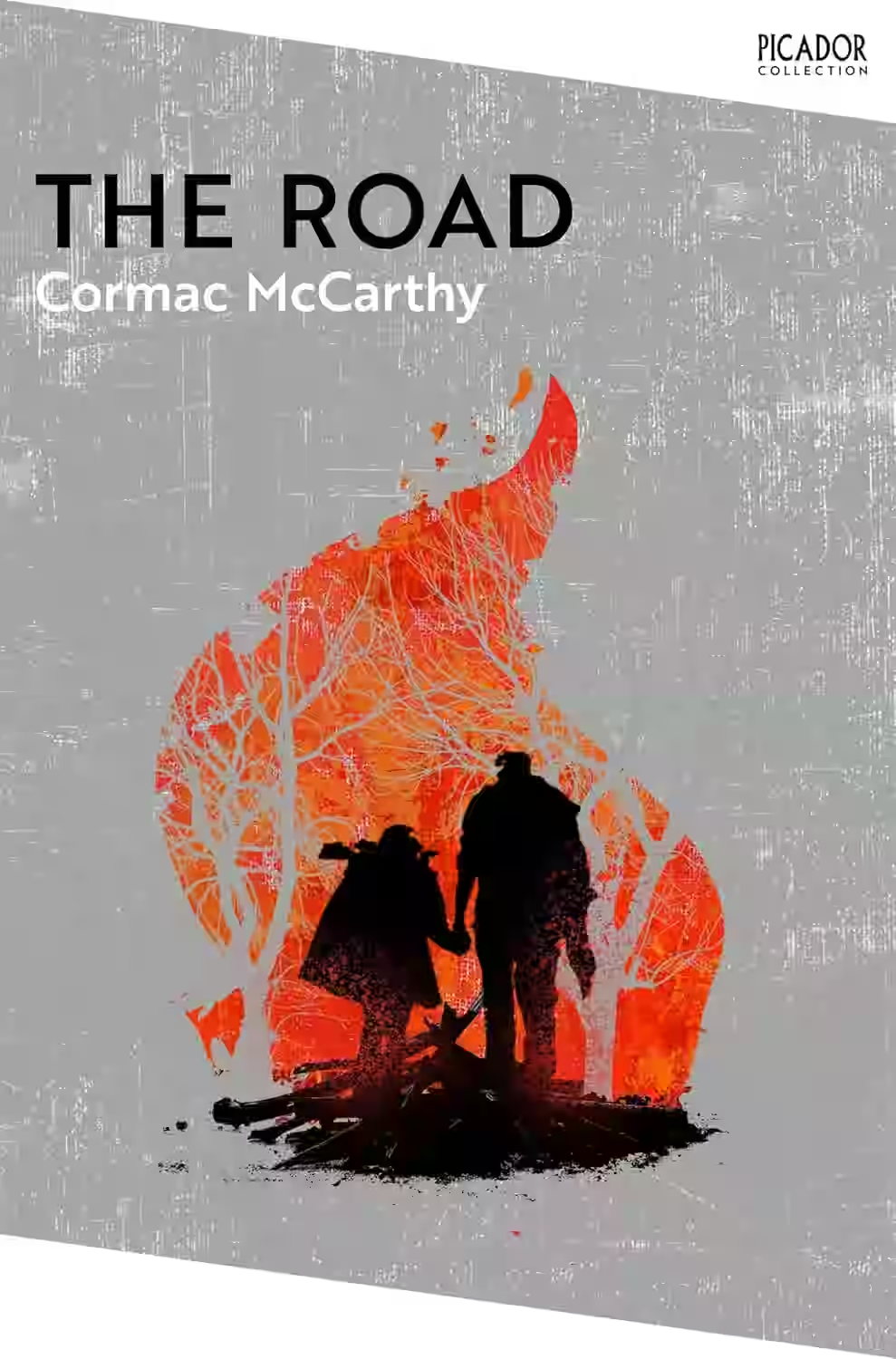
In a burned-out America, a father and his young son walk under a darkened sky, heading slowly for the coast. They have no idea what, if anything, awaits them there. The landscape is destroyed, nothing moves save the ash on the wind and cruel, lawless men stalk the roadside, lying in wait. Attempting to survive in this brave new world, the young boy and his protector have nothing but a pistol to defend themselves. They must keep walking. Winner of the Pulitzer Prize for Fiction, The Road is an incandescent novel, the story of a remarkable and profoundly moving journey. In this unflinching study of the best and worst of humankind, Cormac McCarthy boldly divines a future without hope, but one in which, miraculously, this young family finds tenderness. An exemplar of post-apocalyptic writing, The Road is a true modern classic, a masterful, moving and increasingly prescient novel.
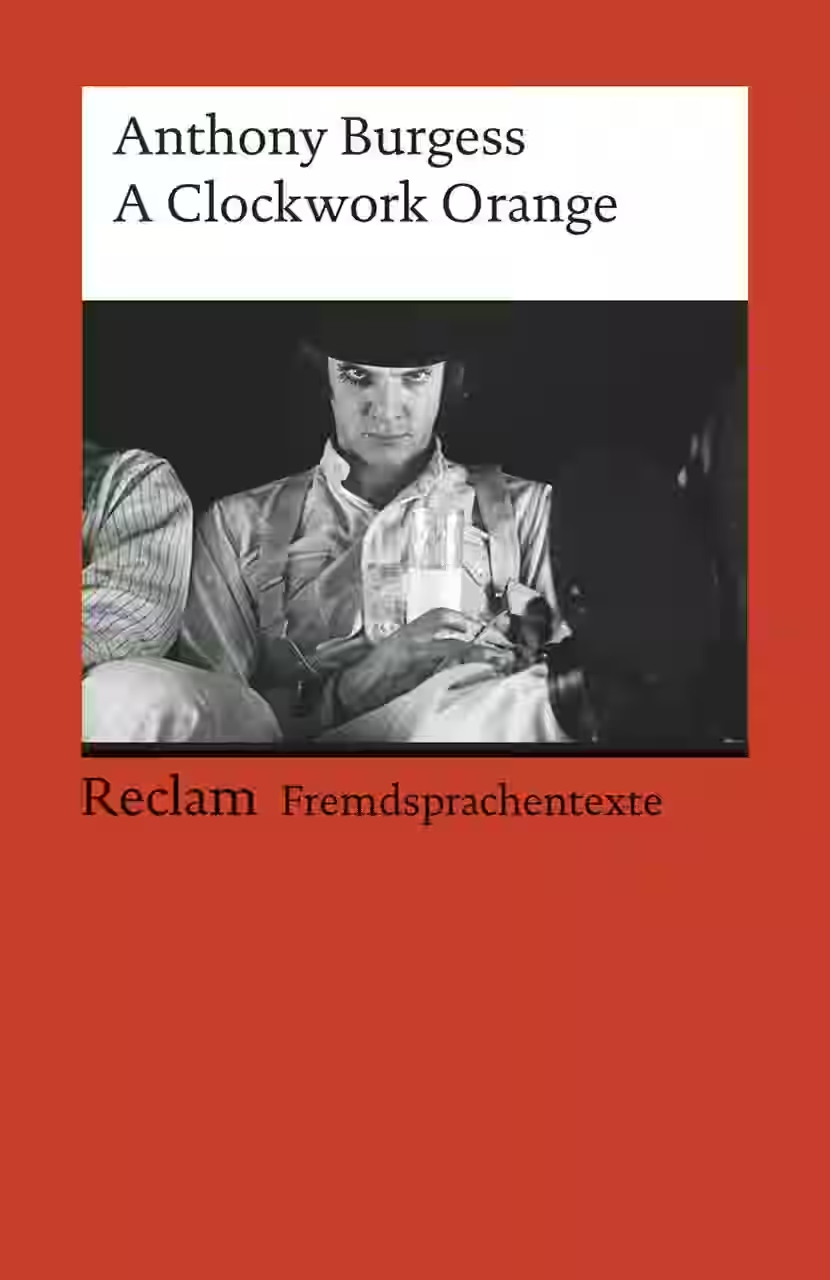
A Clockwork Orange is a dystopian novel by Anthony Burgess, depicting a futuristic society where extreme violence is prevalent. The story follows Alex, a young delinquent who undergoes a controversial rehabilitation treatment that raises questions about free will and the morality of government control. The novel is known for its unique language, social commentary, and thought-provoking themes.
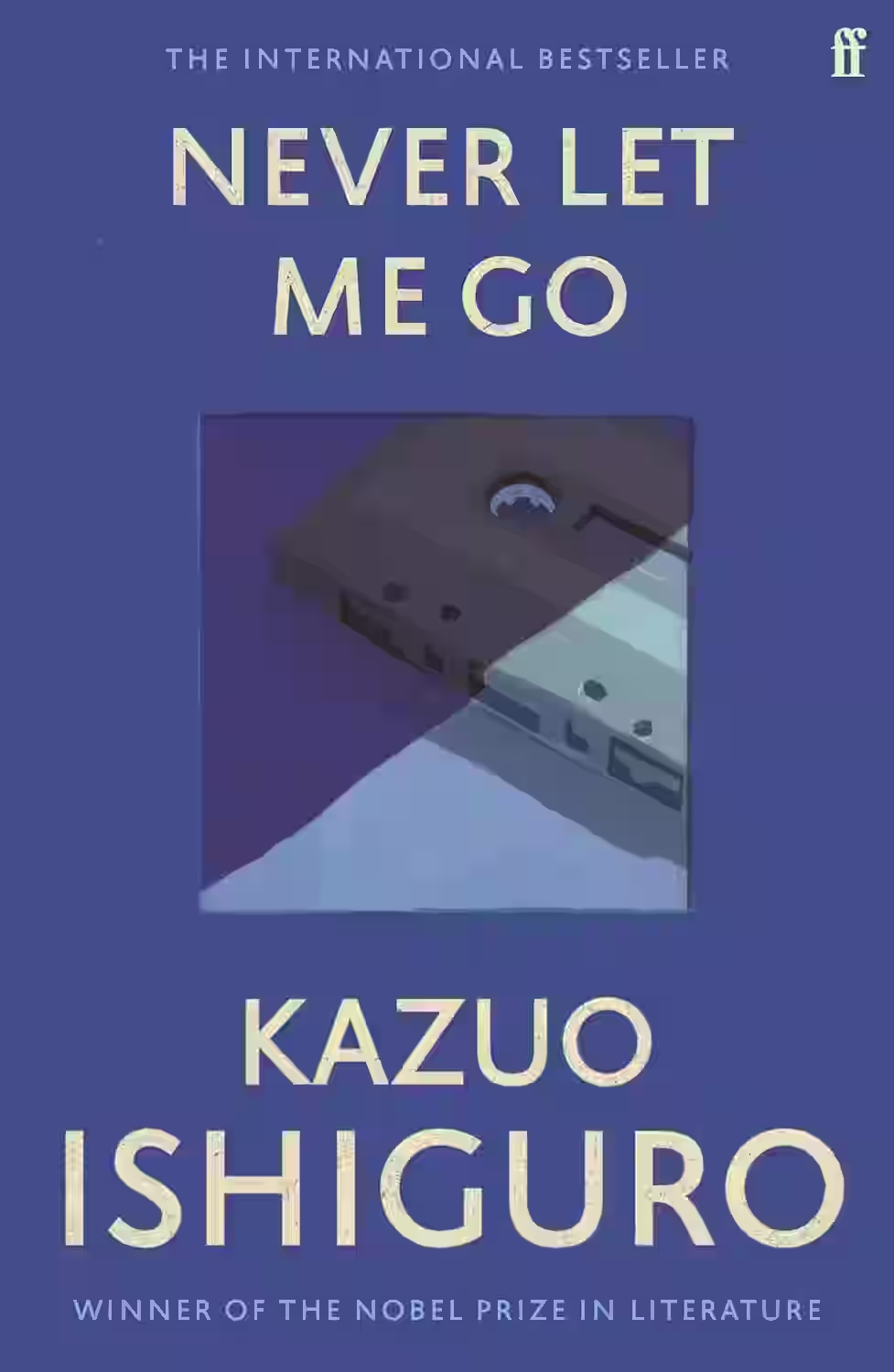
In an English boarding school, students slowly discover they are being raised for a specific and disturbing purpose. As they grow up and fall in love, they must come to terms with their predetermined fate. The novel explores what it means to be human, the ethics of scientific advancement, and the power of love and friendship in the face of mortality.
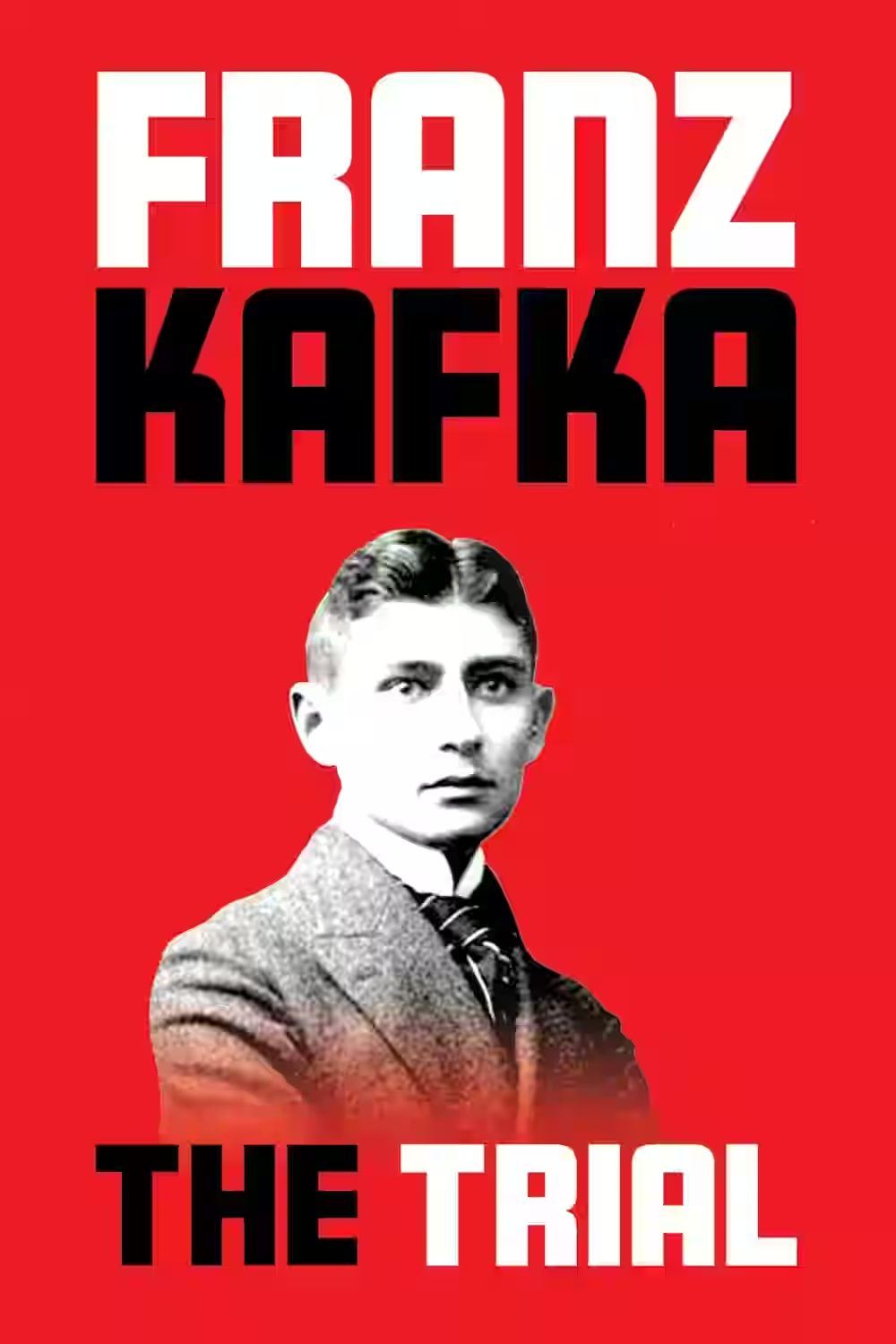
In Franz Kafka's 'The Trial,' readers are drawn into a haunting narrative that delves into themes of bureaucracy, alienation, and the absurdity of the legal system. The story follows Josef K., who is arrested and prosecuted by a mysterious court for a crime that is never disclosed. As he navigates a surreal and nightmarish world where he is confronted by elusive authorities and intricate procedures, Josef K.'s futile search for truth and justice mirrors the existential struggles of modern society. Kafka's enigmatic and atmospheric writing style captivates readers, leaving them pondering the nature of guilt, power, and the individual's place in a dehumanizing society.
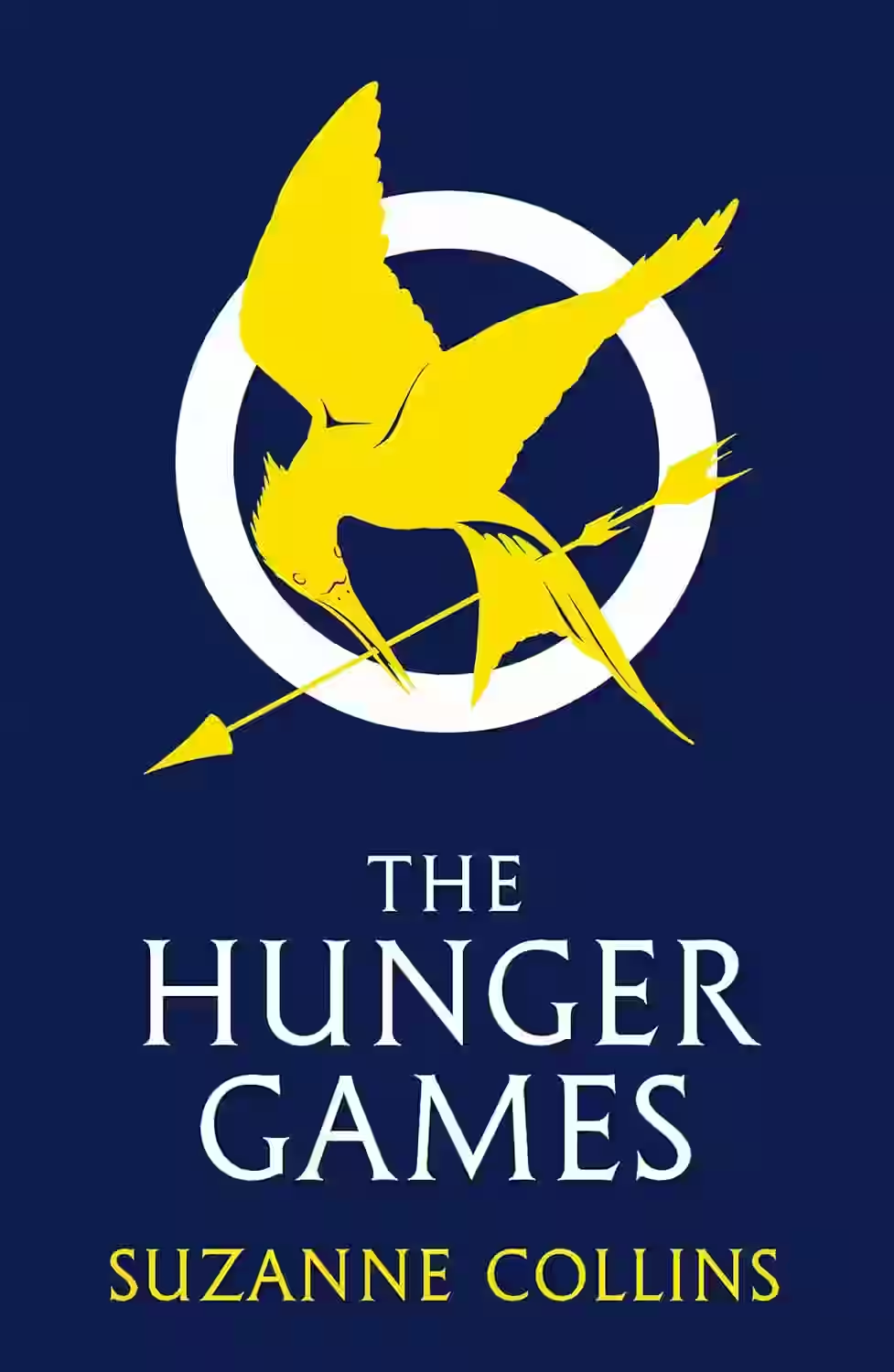
Suzanne Collins' 'The Hunger Games' is a gripping dystopian novel set in a post-apocalyptic world where children fight to the death in a televised spectacle. The story follows Katniss Everdeen, a brave and resourceful young woman who volunteers to take her sister's place in the deadly Hunger Games. Through Katniss's eyes, we explore themes of survival, sacrifice, and rebellion against an oppressive government. Collins weaves a tale of action, suspense, and moral complexity that captivates readers from start to finish. 'The Hunger Games' is a thought-provoking commentary on power, media manipulation, and the resilience of the human spirit.
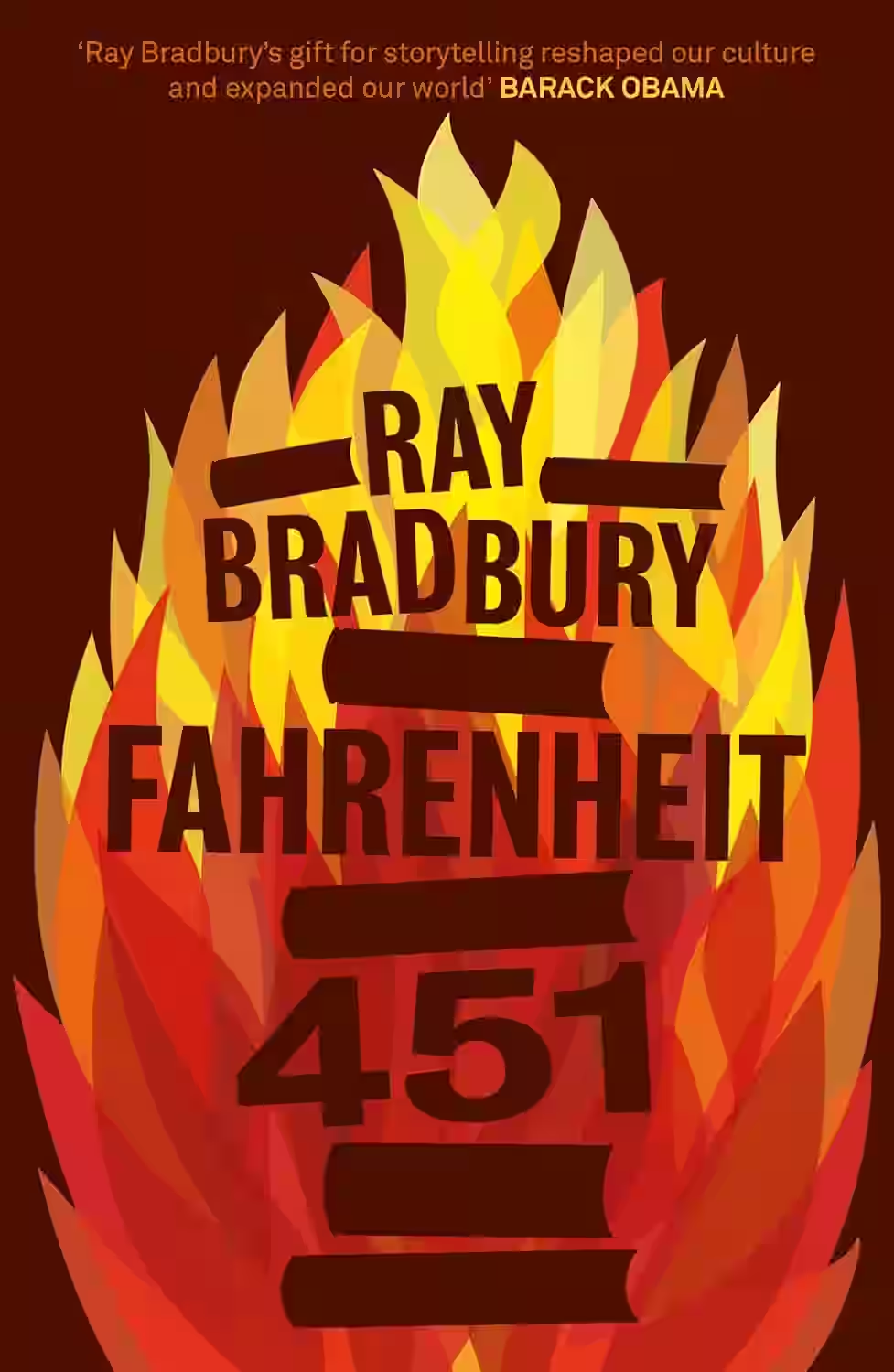
Ray Bradbury's "Fahrenheit 451" is a profound dystopian novel that delves into the consequences of a society bereft of critical thinking and free expression. Set in a future where books are banned and 'firemen' burn any that are found, the narrative follows Guy Montag, a fireman who begins to question his role in suppressing knowledge. The novel explores themes of censorship, the dehumanizing effects of technology, and the power of literature to inspire change. Bradbury's incisive commentary on conformity and intellectual repression remains remarkably pertinent, making it a timeless critique of society's foibles and the resilience of the human spirit in the pursuit of truth.
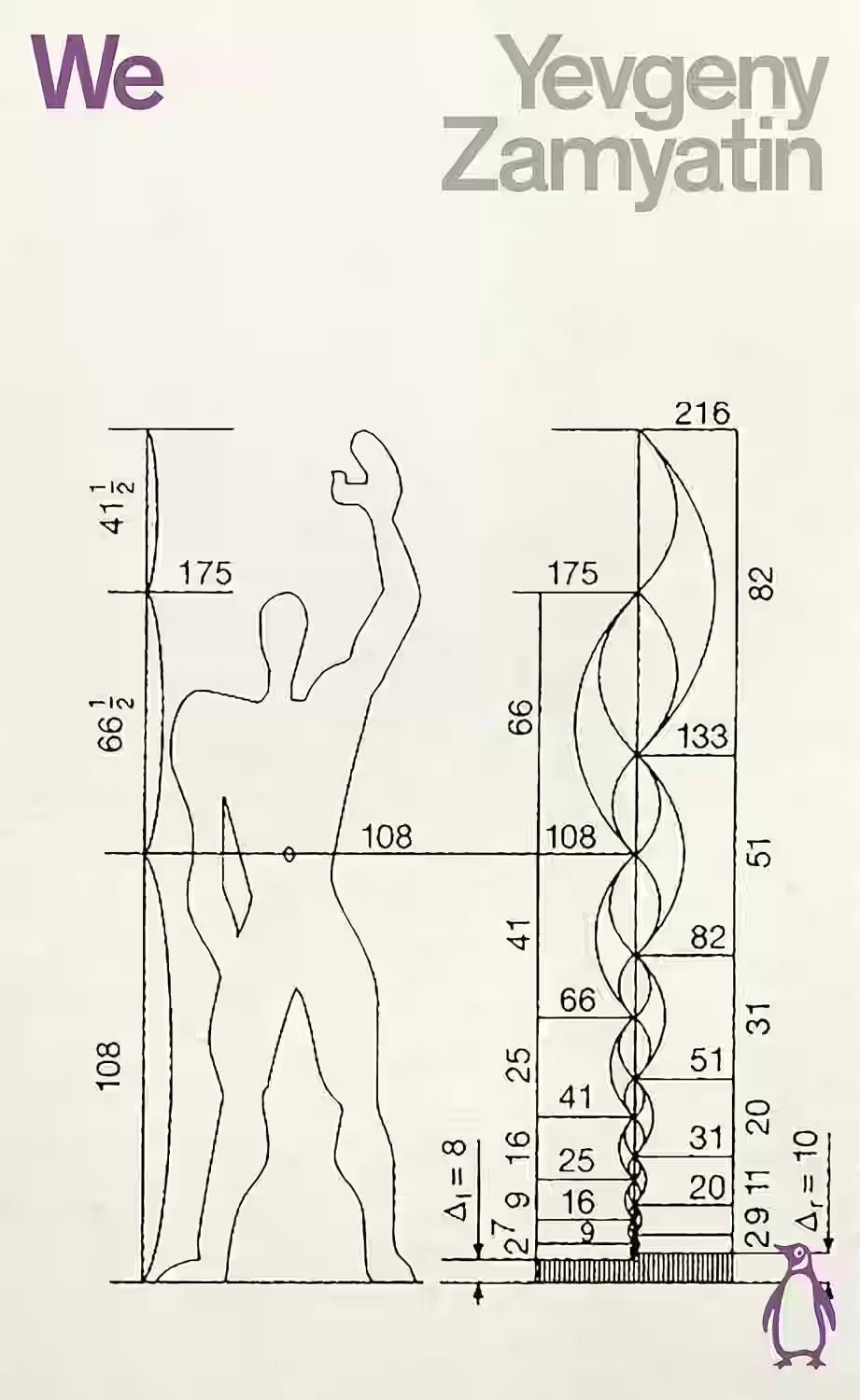
Yevgeny Zamyatin's "We" is a seminal piece of dystopian literature that prefigures many themes explored by later classic works like Orwell's "1984" and Huxley's "Brave New World." Set in the highly regimented One State, a society where individuals are mere cogs in a larger machine and personal freedom is subjugated to an absolute and oppressive ideology, the novel explores the nature of individuality and freedom through the protagonist, D-503, a mathematician who begins to question the infallibility of the state after falling in love with a mysterious woman. Zamyatin's work is notable not just for its powerful narrative and rich characterizations, but also for its incisive critique of authoritarianism and its enduring philosophical questions about the human condition, making it a profound and timeless read.
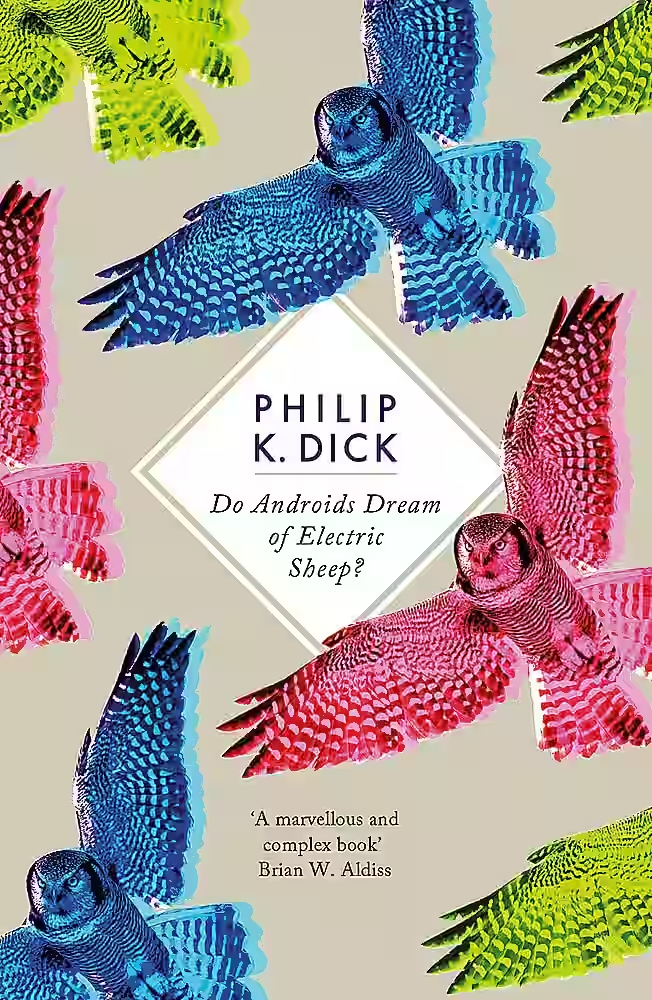
Philip K. Dick's "Do Androids Dream of Electric Sheep?" is a seminal work of science fiction that delves into the complexities of identity, empathy, and the boundaries between human and machine. Set in a post-apocalyptic future where Earth is scarred by nuclear fallout, the novel follows Rick Deckard, a bounty hunter tasked with 'retiring' rogue androids. As Deckard navigates this desolate world, he grapples with his own understanding of humanity, morality, and the distinction between artificial and organic beings. The novel explores themes of existentialism and the quest for meaning in an increasingly dehumanized society. Its influence extends beyond literature, having inspired the iconic film adaptation "Blade Runner," and it remains a compelling exploration of consciousness and the human condition.